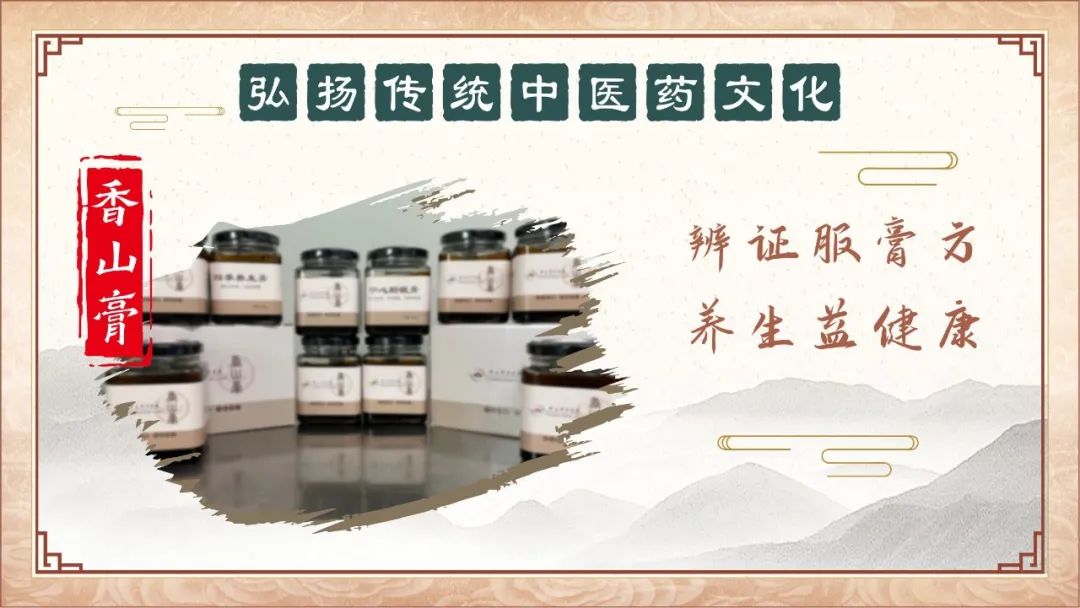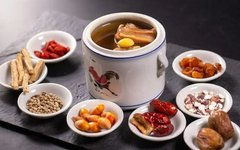
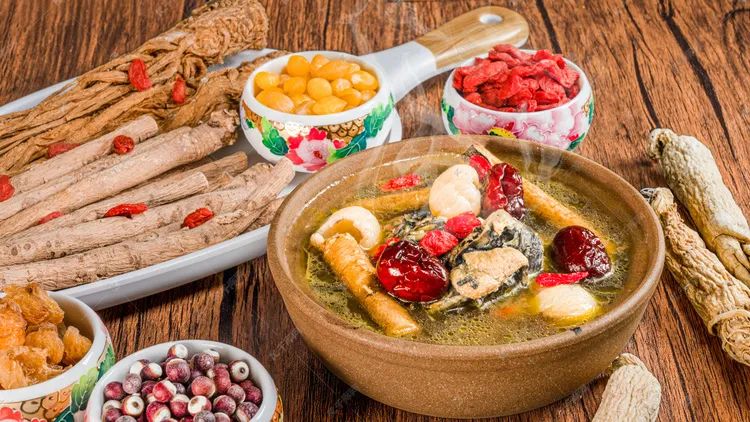
(Image source: Baidu Images)
When it comes to making soup, it is deeply ingrained in the culture of Guangdong. The locals emphasize the concept of “药食同源” (yào shí tóng yuán), meaning that food and medicine share the same source. Guangdong’s famous soups are known for their medicinal properties, and by adding certain herbs according to the seasons, one can alleviate various minor ailments and discomforts. In Guangdong, there is nothing that a bowl of good soup cannot solve; if there is, it is simply… another bowl.
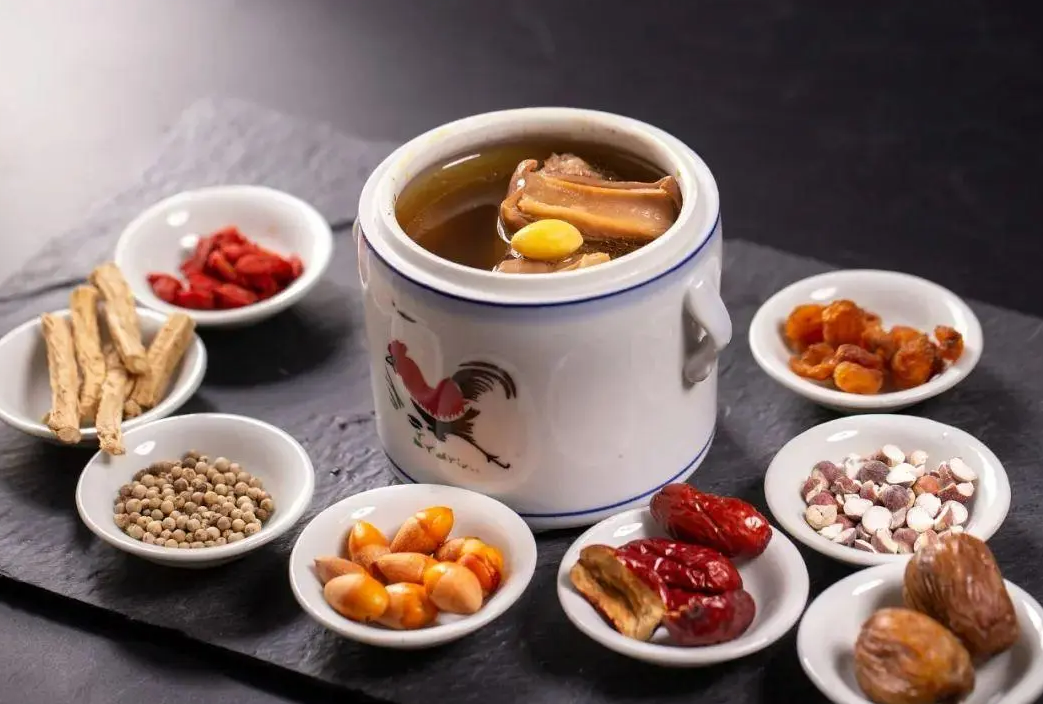
(Image source: Baidu Images)
Common medicinal ingredients used in Lingnan-style soups include Chen Pi (Dried Tangerine Peel), Wu Zhi Mu (Five-Fingered Peach), Jian Hua (Sword Flower), Ji Gu Cao (Chicken Bone Grass), Mu Mian Hua (Cotton Flower), Du Jiao Jin (Single-Legged Gold), Long Li Ye (Dragon’s Leaf), Gan Lan (Olive), and Shi Gan Lan (Stone Olive). Additionally, herbs like Fu Ling (Poria), Shan Zhu Yu (Cornelian Cherry), Shi Hu (Dendrobium), Huai Shan (Chinese Yam), Xing Ren (Apricot Kernel), Qian Shi (Euryale Seed), Dang Shen (Codonopsis), Hong Zao (Red Date), Dang Gui (Angelica), Sha Shen (Glehnia), and Yu Zhu (Polygonatum) are known for their ability to nourish the spleen and stomach, and strengthen the body. However, to make a delicious and healthy medicinal soup, the combination of herbs is crucial. Let’s explore some essential tips for making medicinal soups.
Choosing the Right Cooking Utensils
It is best to use ceramic pots, clay pots, or sand pots. Avoid using iron or stainless steel pots, as some herbs and ingredients may react with iron pots. For example, Tu Fu Ling (Earth Poria) and Lian Ou (Lotus Root) can oxidize and turn black when cooked in iron pots, affecting the taste. Stainless steel pots do not reach the high temperatures of clay pots and have poor sealing, resulting in a lighter soup that lacks the rich flavor of clay pot soups.

(Image source: Baidu Images)
Careful Measurement of Herbs
Remember, “All medicines have toxicity” (是药三分毒), and excessive use can lead to adverse effects.
For example, ginseng is a commonly used herb in soups, and its properties, effects, and dosage should be adjusted according to needs:
Ren Shen (Ginseng) is warm in nature and is used to greatly replenish vital energy, suitable for those with physical weakness, insufficient qi and blood, shortness of breath, anemia, or chronic fatigue. The recommended dosage for soup is about 5-8g;
For individuals with colds, internal heat, dry throat, constipation, or purulent inflammation, it is not advisable to consume ginseng soup. Instead, one can opt for the cooler herbXi Yang Shen (American Ginseng), with a dosage of about 10g;
For children to strengthen the spleen and stomach, it is suitable to drink the mildTai Zi Shen (Prince Ginseng) soup, which benefits qi, strengthens the spleen, and moistens the lungs, with a dosage of about 5-10g;
Healthy adults can consumeDang Shen (Codonopsis) soup for daily health maintenance, which has the effects of tonifying the middle, benefiting qi, strengthening the spleen and lungs, nourishing blood, generating fluids, and quenching thirst, with a dosage of about 15-20g.
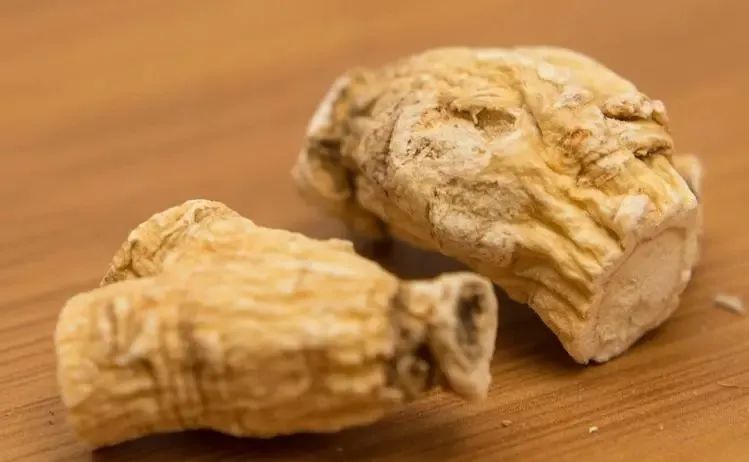
Ren Shen

Xi Yang Shen
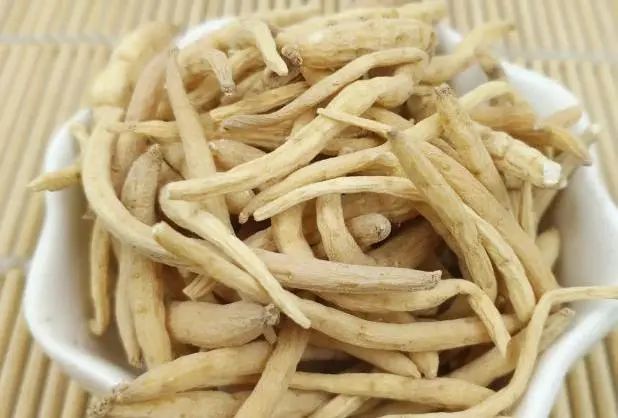
Tai Zi Shen
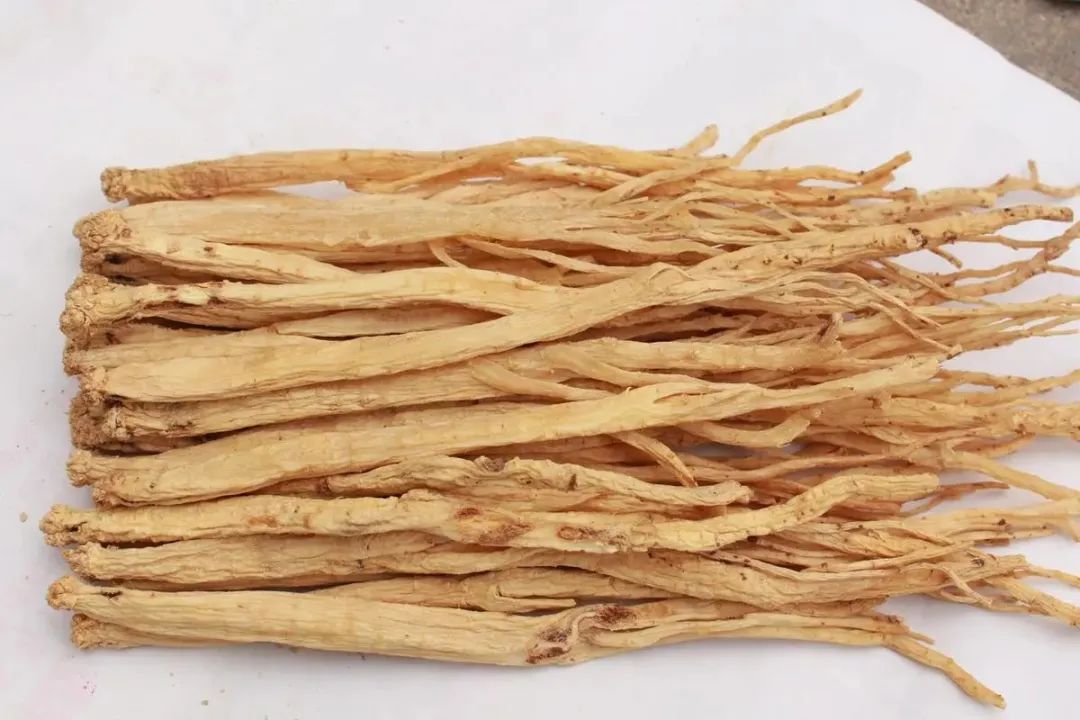
Dang Shen
(Image source: Baidu Images)
It is said that in winter, radishes are better than ginseng, but when supplementing in winter, one should be cautious not to combine radishes with ginseng or other ginseng-like herbs. Radishes are cold in nature and have the effects of breaking qi and promoting digestion, clearing phlegm and heat, and detoxifying; while ginseng is warm and has the effects of greatly replenishing vital energy and stabilizing the pulse. Combining the two can counteract the qi-replenishing effects of ginseng, significantly reducing its medicinal efficacy, and may even lead to gastrointestinal discomfort such as bloating, nausea, or vomiting.
Seven Common Combinations of Medicinal Soup Ingredients
Recommended by Pharmacist Hu Ying from our pharmacy department:
The combination of different herbs can yield different effects, and the right combinations can potentially double the efficacy of medicinal soups. Let’s take a look at seven commonly used combinations of medicinal soup ingredients that you should learn!
1. Dang Shen (Codonopsis), Huang Qi (Astragalus)
Dang Shen
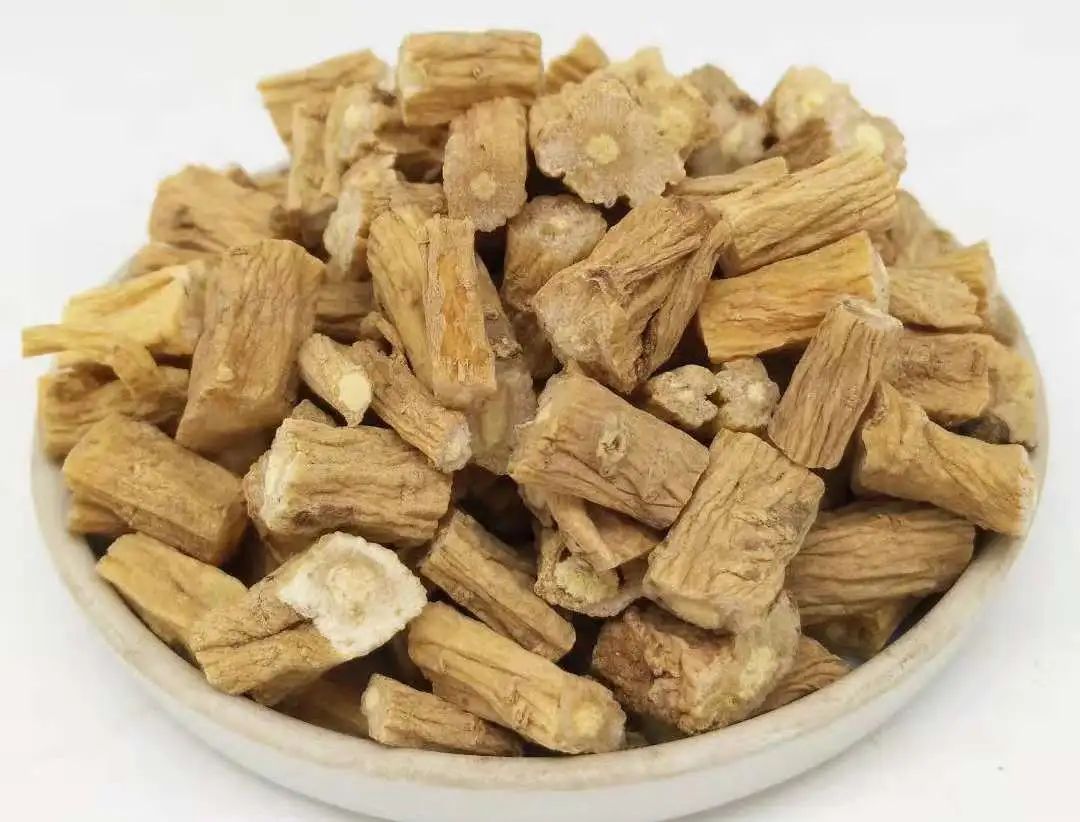
(Image source: Baidu Images)
Sweet in flavor, neutral in nature; enters the spleen and lung meridians. It has the effects of tonifying the middle and benefiting qi, and generating fluids.
Huang Qi
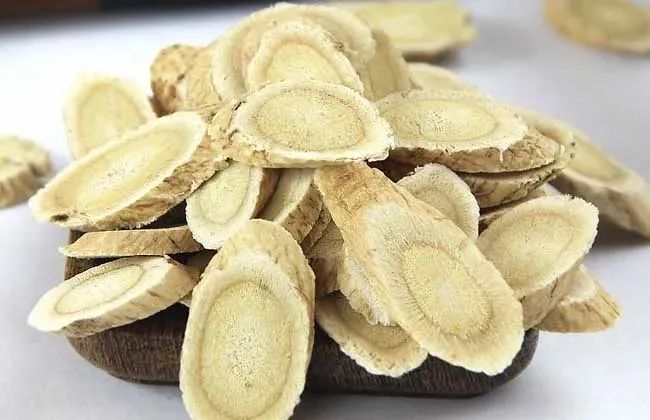
(Image source: Baidu Images)
Sweet in flavor, slightly warm in nature; enters the spleen and lung meridians. It has the effects of strengthening the spleen, tonifying the middle, lifting yang, benefiting the protective qi, and promoting urination.
The combination of Dang Shen and Huang Qi has the effects of strengthening the spleen and lungs, tonifying the middle and benefiting qi, and promoting urination and generating fluids. This combination is particularly effective for symptoms of poor appetite, pale complexion, shortness of breath, and fatigue due to spleen and stomach deficiency.
2. Bei Sha Shen (North American Ginseng), Yu Zhu (Polygonatum)
Bei Sha Shen
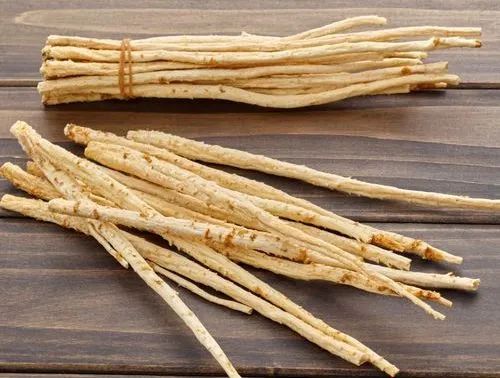
(Image source: Baidu Images)
Sweet in flavor, slightly cold in nature; enters the lung and stomach meridians. It has the effects of nourishing yin, clearing the lungs, benefiting the stomach, and generating fluids.
Yu Zhu
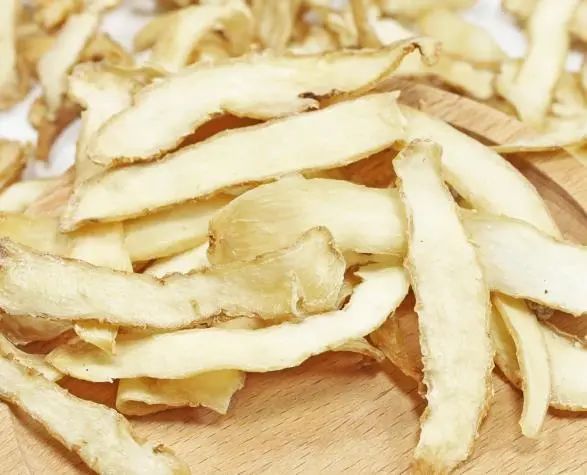
(Image source: Baidu Images)
Sweet in flavor, slightly cold in nature; enters the lung and stomach meridians. It has the effects of nourishing yin, moistening dryness, and quenching thirst.
The combination of Bei Sha Shen and Yu Zhu has the effects of benefiting qi and harmonizing the stomach, nourishing the stomach yin, and is effective for symptoms of stomach yin deficiency, excessive stomach fire leading to dry mouth and thirst, and oral ulcers.
3. Bai He (Lily), Lian Zi (Lotus Seed)
Bai He
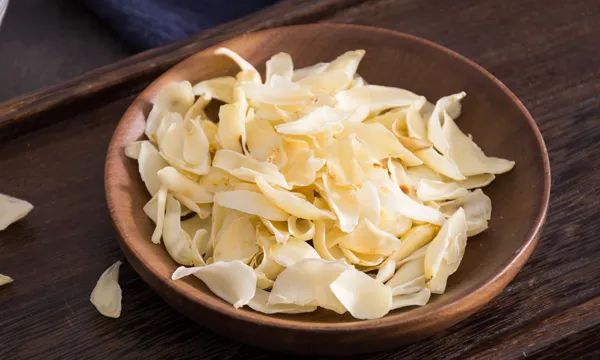
(Image source: Baidu Images)
Sweet in flavor, cold in nature; enters the heart and lung meridians. It has the effects of nourishing yin, moistening the lungs, and calming the heart.
Lian Zi
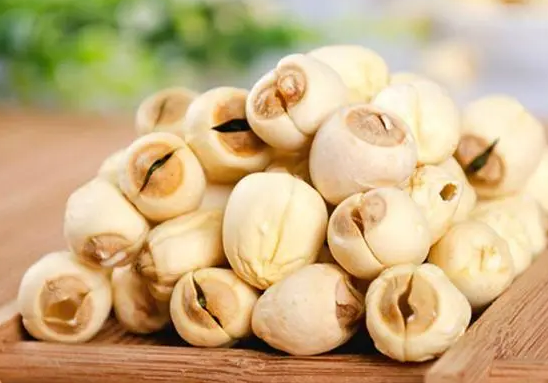
(Image source: Baidu Images)
Sweet and astringent in flavor, neutral in nature; enters the spleen, kidney, and heart meridians. It has the effects of tonifying the spleen, stopping diarrhea, benefiting the kidneys, astringing essence, stopping discharge, and nourishing the heart and calming the spirit.
The combination of Bai He and Lian Zi has the effects of nourishing yin, moistening the lungs, calming the heart, and stopping cough, and is effective for symptoms of insomnia due to deficiency of heart and kidney.
4. Long Yan Rou (Longan), Dang Gui (Angelica)
Long Yan Rou
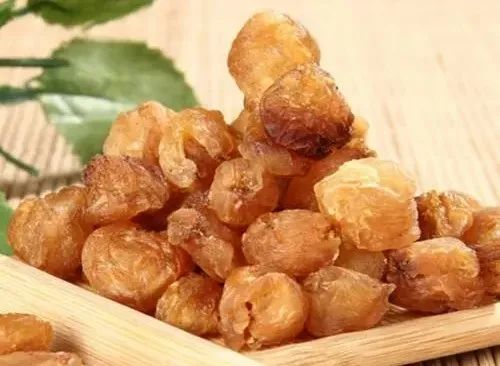
(Image source: Baidu Images)
Sweet in flavor, warm in nature; enters the heart and spleen meridians. It has the effects of nourishing the heart and spleen, and calming the spirit.
Dang Gui
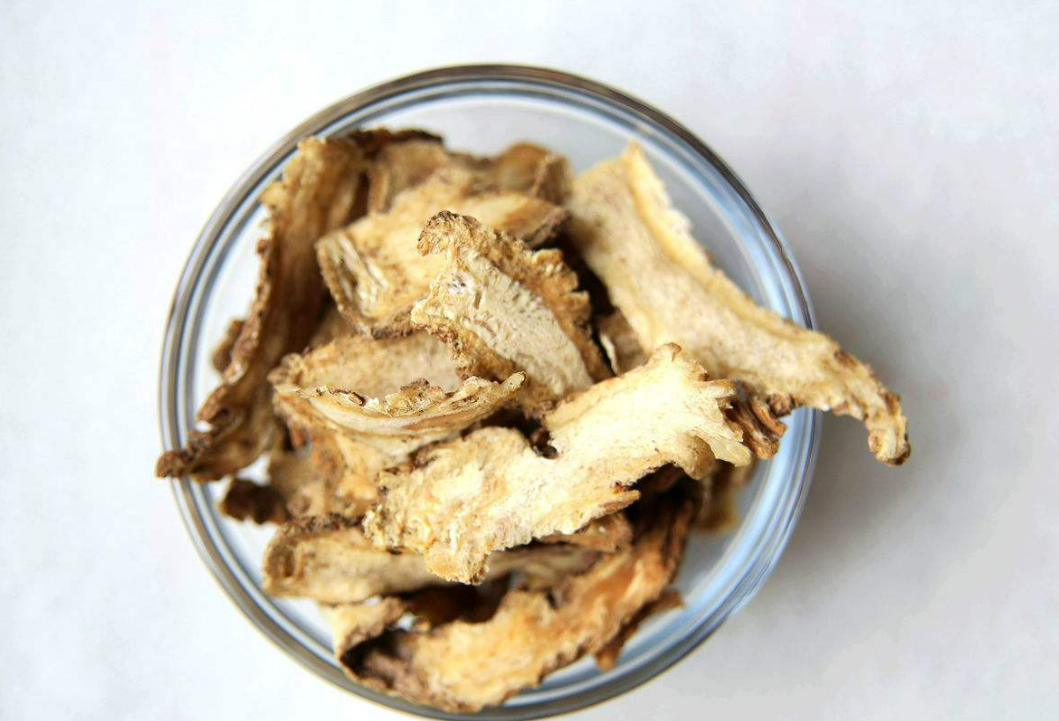
(Image source: Baidu Images)
Sweet and pungent in flavor, warm in nature; enters the liver, heart, and large intestine meridians. It has the effects of nourishing blood, activating blood circulation, regulating menstruation, and relieving pain.
The combination of Long Yan Rou and Dang Gui has the effects of nourishing blood, regulating menstruation, benefiting the heart and spleen, and promoting bowel movements, and is effective for symptoms of irregular menstruation, qi and blood deficiency, pale complexion, and insomnia.
5. Shi Hu (Dendrobium), Mai Dong (Ophiopogon)
Shi Hu
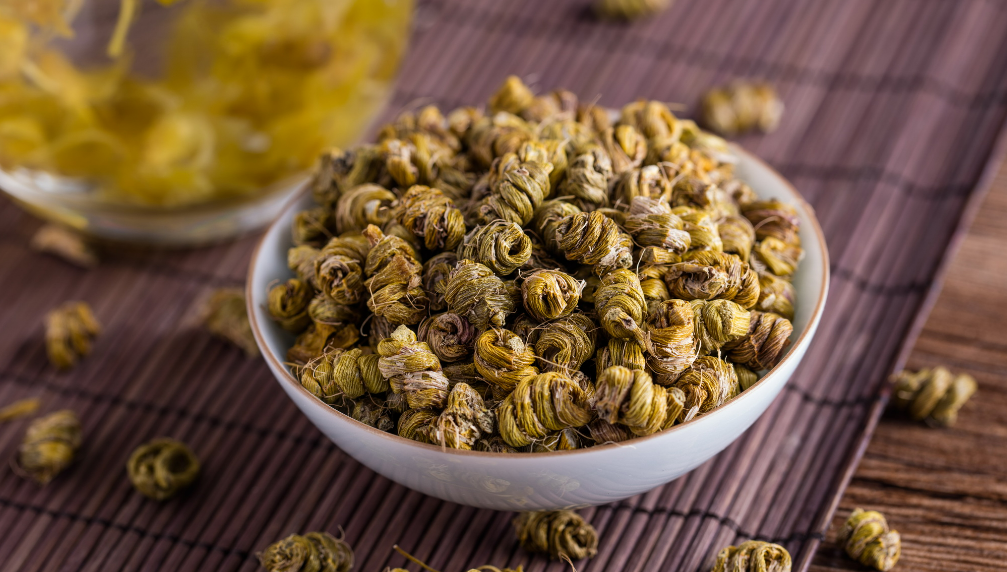
(Image source: Baidu Images)
Sweet in flavor, slightly cold in nature; enters the stomach and kidney meridians. It has the effects of benefiting the stomach, generating fluids, and clearing heat.
Mai Dong
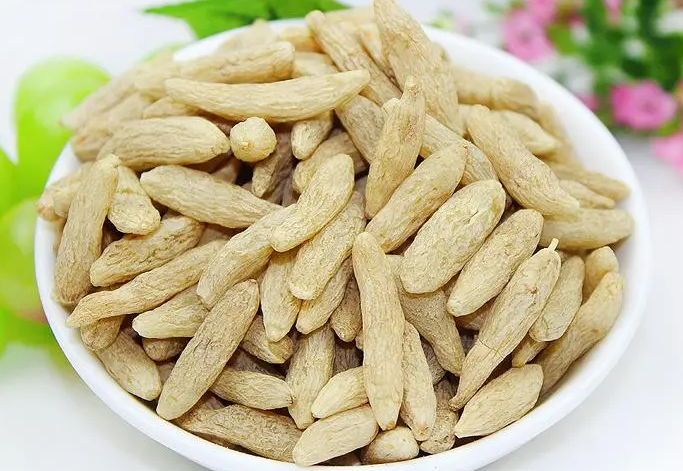
(Image source: Baidu Images)
Sweet and slightly bitter in flavor, slightly cold in nature; enters the heart, lung, and stomach meridians. It has the effects of nourishing yin, generating fluids, and moistening the lungs.
The combination of Shi Hu and Mai Dong has the effects of clearing heat, nourishing yin, benefiting the stomach, generating fluids, and moistening the lungs, and is effective for symptoms of heat-induced fluid damage, dry throat, lung dryness, and yin deficiency.
6. Du Zhong (Eucommia), Ba Jiao Tian (Morinda)
Du Zhong
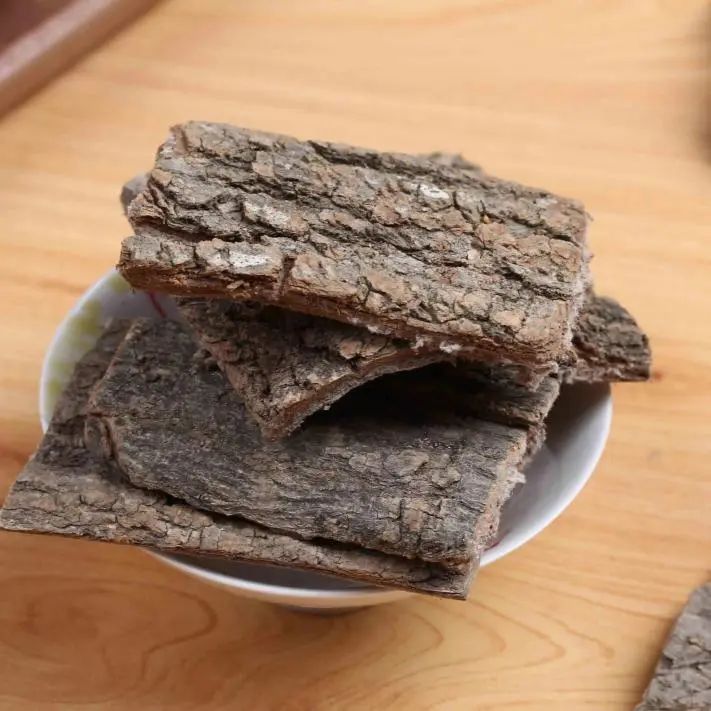
(Image source: Baidu Images)
Sweet and slightly pungent in flavor, warm in nature; enters the liver and kidney meridians. It has the effects of tonifying the liver and kidneys, strengthening the bones, and stabilizing pregnancy.
Ba Jiao Tian
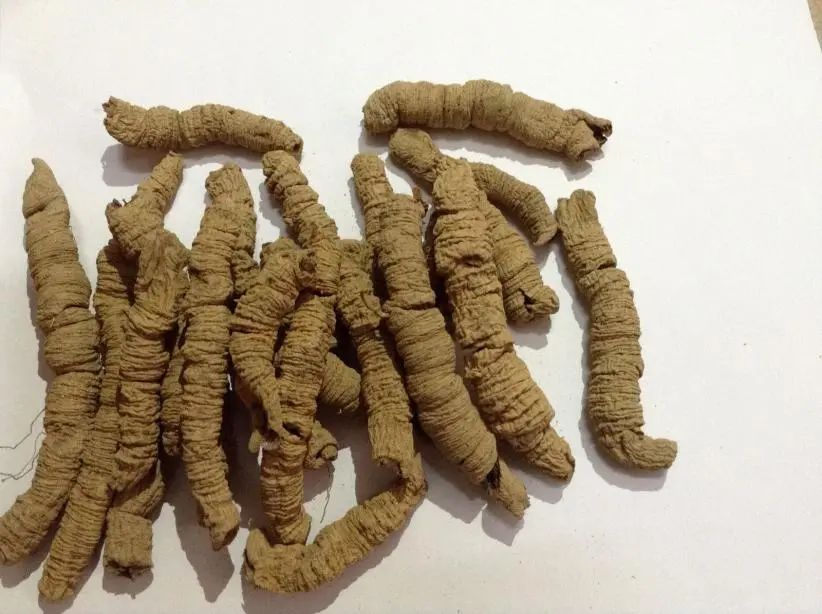
(Image source: Baidu Images)
Sweet and pungent in flavor, slightly warm in nature; enters the kidney and liver meridians. It has the effects of tonifying kidney yang, strengthening bones, and dispelling wind and dampness.
The combination of Du Zhong and Ba Jiao Tian has the effects of warming and tonifying kidney yang, strengthening bones, benefiting the liver and kidneys, and dispelling wind and dampness, and is effective for symptoms of lower back pain, impotence, infertility, and unstable pregnancy.
7. Tu Fu Ling (Earth Poria), Niu Da Li (Niu Da Li)
Tu Fu Ling
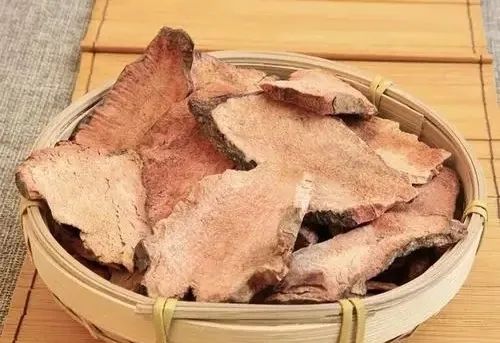
(Image source: Baidu Images)
Sweet and bland in flavor, neutral in nature; enters the liver and stomach meridians. It has the effects of detoxifying, dispelling dampness, and promoting joint mobility.
Niu Da Li
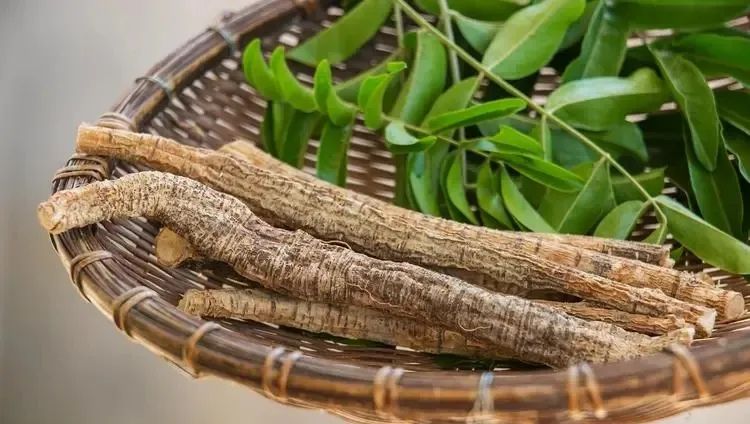
(Image source: Baidu Images)
Sweet in flavor, neutral in nature; enters the kidney and lung meridians. It has the effects of tonifying deficiency, moistening the lungs, and promoting joint mobility.
The combination of Tu Fu Ling and Niu Da Li has the effects of strengthening the spleen and stomach, promoting joint mobility, detoxifying, dispelling dampness, and moistening the lungs, and is effective for hepatitis, lung deficiency cough, phlegm cough, lower back pain, and rheumatic arthritis.
【Warm Reminder】 The combinations of herbs mentioned in this article are for reference only. If you experience any discomfort, please seek medical attention promptly.
Edited by Zhongshan City Traditional Chinese Medicine Hospital Editorial Department
Editor: Cai Wen
Second Review: Huang Lin
Third Review: Xiao Xiaohua


